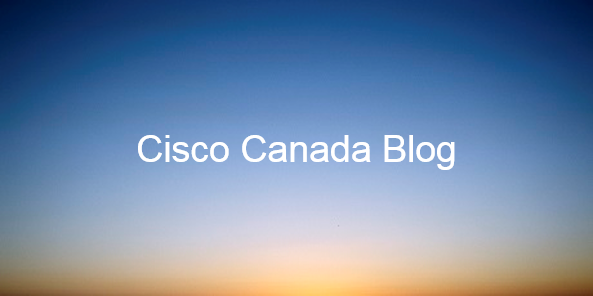
“To be or not to be…”, says Prince Hamlet as he considers death and suicide. He laments the pains and unfairness of life but recognizes that the alternative might be still worse. “In the animal kingdom, the rule is, eat or be eaten; in the human kingdom, define or be defined,” suggests American Psychologist Thomas Szasz. This is what the taxi industry today must be thinking. Or is it already too late for them? Has the ‘alternative to the unfairness of life’ (thus the end of an industry) already become a reality?
Uber is the Internet of Everything at work. The 2009 start-up is taking the world by storm. In its five short years of existence, it now is valuated at almost $20B. And what does it do exactly? It connects people with things (specifically, cars and a very large distributed driver network with their smart phones in more than 200 cities worldwide). It is transforming the taxi process and industry as we know it. Uber has wrapped technology around the power-of-many (the human network) and built a process, and business, that takes advantage of shifts in demand (I need a ride) and supply (I have a car and I will take you): it has redefined taxi services as we know it.
And taxi drivers aren’t happy. And why would they be: their business is being cannibalized, their future in jeopardy.
In some places the lobby against Uber, Lyft and alike is working (for now). Certain communities are denying Uber from setting up shop in their towns. If it is the fear of the unknown; the uncertainty of unproven business models and unknown risks that may come with them; or the strong lobby of an existing industry. None are good reasons for stopping progress, invention and innovation in its tracks.
Now, this blog isn’t about Uber, or Lyft, or eBay, or Whatzapp, or Alibaba, or any of the other 10,000s of applications that define today’s app-economy and provide the opportunity to rethink how we learn, live, work, and play. Within today’s app-economy and growing sharing culture, we see that no existing and proven supply-demand business model is safe from disruption. We (established industries, governments and their antiquated procurement processes, consumers, etc.) can either step up and define today’s world, or have it be defined for us (by 30-year-olds from their kitchen table and an Internet connection).
The innovation and possibilities shouldn’t be stalled or stopped because of rules and policy, but instead celebrated and encouraged. The next $20B start-up can come from your basement, street, neighbourhood or community. To our municipal leaders: Be sure to create a culture and environment where disruption and transformation is welcomed. The new economy is here, and its innovators are everywhere (fact: 40% of recent most successful start-ups did not originate in metropolitan areas)…don’t stop them and don’t force them away.
Innovation (greatly spurred by the constant emergence of technology and the Internet) will continue to introduce new business and consumption models and upset the world as we know it. This is good. Especially for countries where economies are being challenged with eroding manufacturing and labour industries. If we want to positively alter the productivity and innovation trajectories of nations that once led the world stage, we will need to expect our traditional “ways of doing things”to be disrupted and transformed.
No matter what industry you are in or what industry you believe you lead, if you still want to be meaningful in tomorrow’s economy then you need to start Ubering now (or accept to be Ubered, and deal with the consequences).
